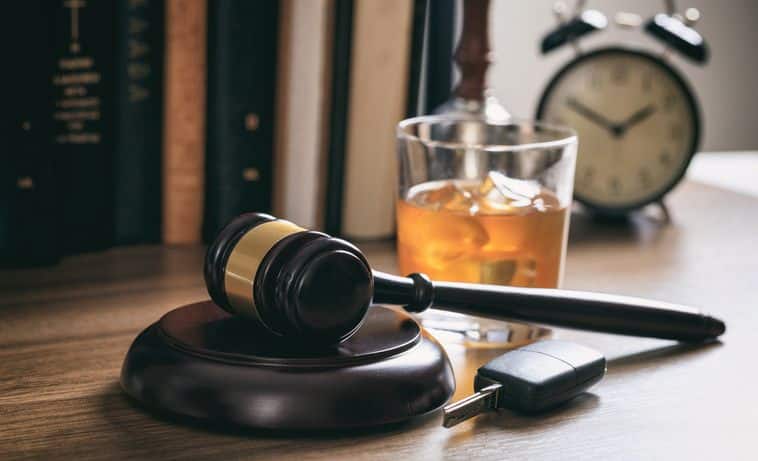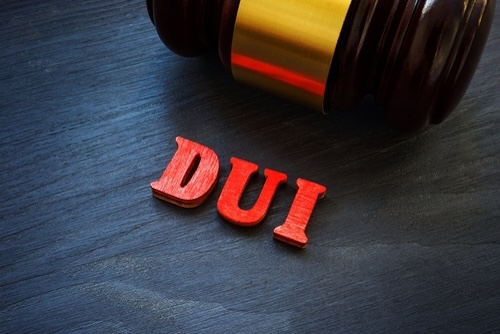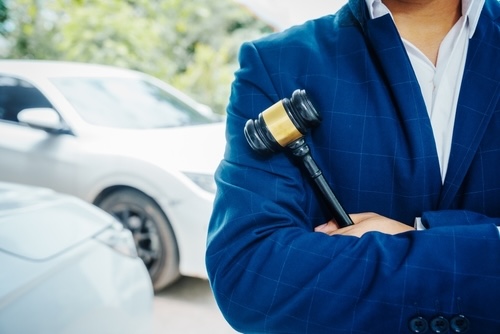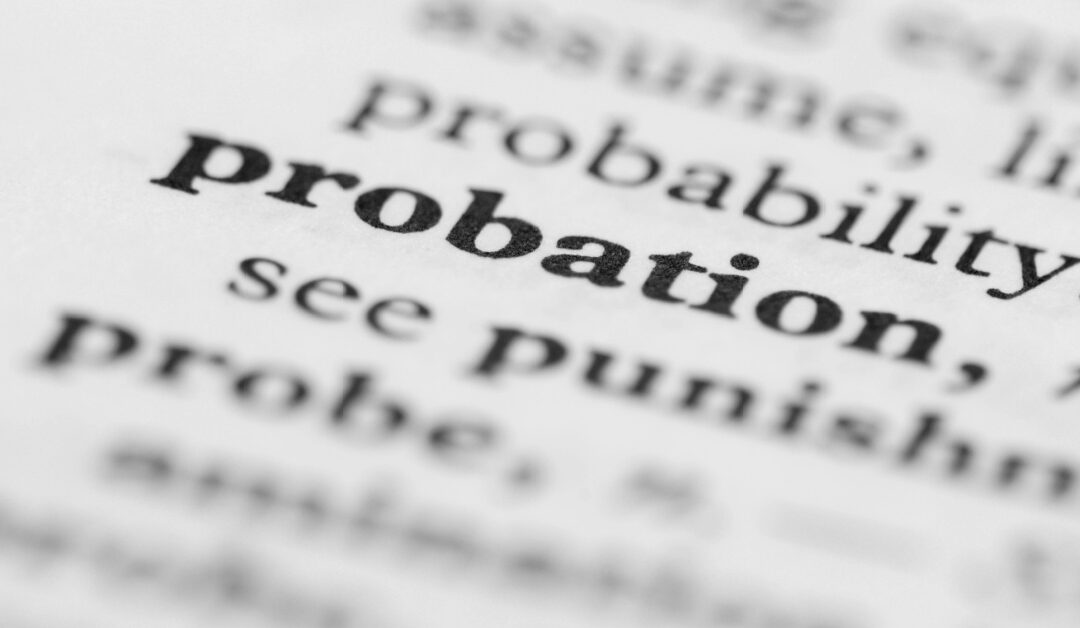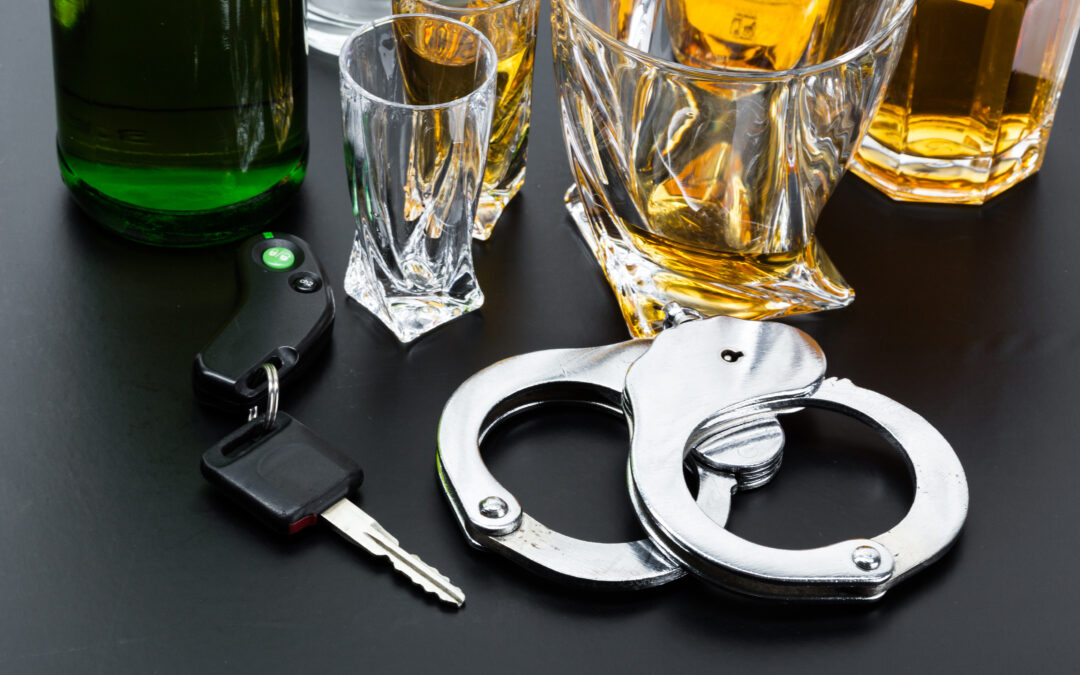
Is It Worth Fighting a DUI in South Carolina?
When you are facing a DUI charge in South Carolina, it is critical to ensure that you are making informed decisions. Drunk driving convictions have serious consequences, and if you aren’t careful, you could face these consequences unnecessarily.
5 Reasons It Is Worth Fighting Your SC DUI
With this in mind, if you are wondering whether it is worth fighting your DUI, the answer is a clear, “Yes.” Here are just some of the reasons why:
1. DUI Convictions Carry Substantial Penalties (Even for First-Time Offenders)
If you get convicted of driving under the influence (DUI) in South Carolina, you will face substantial penalties in court. Generally speaking, South Carolina’s DUI penalties include:
- Fines, assessments, and surcharges
- Mandatory alcohol education (and at your expense)
- Driver’s license suspension (and/or mandatory ignition interlock device installation)
- Probation, community service, and/or jail time
For first-time offenders, fines, assessments, surcharges, and the costs of mandatory alcohol education can easily exceed $1,000. If this is not your first offense, a DUI conviction could set you back $10,000 or more. This doesn’t account for any probation, community service, or jail time you may be required to serve—nor does it account for the other costs that can result from a DUI conviction.
2. Losing Your Driver’s License Will Lead to Additional Costs
First-time DUI offenders can lose their driver’s licenses for up to six months. Repeat offenders can lose their driver’s license for a year or longer. Even if you can’t drive your vehicle, you will still have to make your monthly payments—and you will still have to find a way to get everywhere you need to go.
Additionally, suppose your driver’s license is suspended. In that case, you will have to pay a fee to get it reinstated, and you may have to install an ignition interlock device (IID) in your vehicle. Installing an IID and complying with South Carolina’s monitoring requirements can add hundreds of dollars to the cost of your DUI.
3. Having a DUI on Your Record Can Lead to Additional Costs as Well
Beyond the costs you will incur directly as a result of your conviction, having a DUI on your record can lead to additional costs as well. For example, a DUI conviction can have consequences for your:
- Education
- Current employment
- Future job prospects
- Professional license
If you get kicked out of school, lose a job opportunity, or have your professional license suspended because of your DUI, this could have financial consequences for years—or even decades—to come. Your fines, assessments, and surcharges will pale in comparison, and you will likely regret your decision not to fight your DUI for the rest of your life.
4. There Are Several Potential Ways to Avoid the Consequences of a DUI Conviction
Another reason why it is worth fighting your DUI is that there are several potential ways to avoid the consequences of a DUI conviction. For example, depending on the circumstances of your case, your options may include:
- Pre-Trial Diversion (for First-Time DUI Offenders) – If this is your first DUI, you may qualify for pre-trial diversion. If you qualify and if you complete the pre-trial diversion program, your DUI case will be dismissed. To qualify for pre-trial diversion, you do not need to have a defense to driving drunk.
- A Plea Bargain (Accepting Responsibility for a “Wet Reckless”) – If you don’t qualify for pre-trial diversion, you may be able to avoid a DUI conviction by negotiating a plea bargain. Prosecutors will consider plea bargains in most cases, and while you will still need to accept some responsibility (typically in the form of a “wet reckless”), this can have far fewer consequences than having a DUI on your record.
- Keeping the Prosecution’s Evidence Out of Court – Before you consider a plea bargain, you should also consider whether you may be able to keep the prosecution’s evidence out of court. This could be the case, for example, if the police violated your Fourth Amendment rights. If the police conducted an unlawful traffic stop, search, or arrest, the prosecution’s evidence may be inadmissible, and you may be entitled to a pre-trial dismissal.
- Relying on the Prosecution’s Burden of Proof – Of course, you always have the option of fighting your DUI in court. To secure a conviction, prosecutors must be able to prove your guilt beyond a reasonable doubt. Even if you were driving under the influence, if prosecutors can’t prove it, you are entitled to a “Not guilty” verdict at trial.
Again, these are just examples of options you may have available. When you consult with an experienced Rock Hill, SC DUI attorney, your attorney will be able to help you consider all of your options and make an informed decision about how to proceed based on the specific circumstances of your case.
5. Fighting Your DUI Can Be Your Least Costly Option
Finally, and perhaps most importantly, fighting your DUI can be your least costly option. Hiring a Rock Hill, SC DUI attorney doesn’t cost (or doesn’t have to cost) as much as most people think; and, if your attorney is able to help you avoid a DUI conviction, your legal representation will be well worth the investment. It is not an exaggeration to say that a DUI conviction can be a life-altering experience, and, regardless of the facts of your case, you owe it to yourself to protect your future by all means available.
If you are on the fence about hiring an attorney to fight your DUI, we strongly encourage you to schedule a free consultation. This costs you nothing, and it will allow you to make informed decisions about your next steps.
Discuss Your Case with a Rock Hill, SC DUI Attorney for Free
Are you facing a South Carolina DUI charge? If so, we can help, but it is important that you contact us promptly. To speak with an experienced Rock Hill, SC DUI attorney about your case in confidence as soon as possible, call 803-328-8822 or tell us how we can reach you online today.


